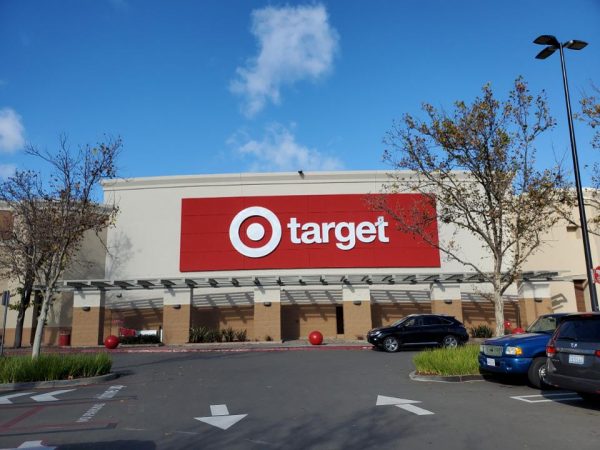Target, General Mills Getting Look In At Hedera Blockchain Technology Through Couponing – Forbes

Facade with logo at Target retail store on a sunny day in San Ramon, California, December 15, 2019. … [+] (Photo by Smith Collection/Gado/Getty Images)
Gado via Getty Images
The Coupon Bureau, which includes big names such as Target and General Mills, will be adopting Hedera Hashgraph’s DLT to prevent coupon fraud as the potential of the technology continues to permeate the mainstream retail space.
The Coupon Bureau is a non-profit, industry-managed coupon data exchange technology platform that works with many of the largest consumer product goods manufacturers and others in the retail ecosystem. The decision to us Hedera Consensus Service (HCS) to provide a real-time, tamper-proof log for all coupon events on its platform, will allow coupon providers, manufacturers, clearinghouses, and retailers the ability to validate in real-time when coupons are registered and redeemed on the platform, without having to trust any single party.
The main work that the Coupon Bureau, whose advisory committee includes members from Target, General Mills, and GS1, does is to work with leading CPG manufacturers coupon issuing brands, as well as with accelerators that provide access to point-of-sale systems at leading retailers that represent almost 70 percent of the US retail market.
Meanwhile, Hedera Hashgraph is the enterprise-grade distributed public ledger. That aims to enable firms to build and run fast, fair, and secure applications on the distributed internet.
A new area of focus for blockchain
Couponing is a very important aspect of retail life, but it is something that has not moved very much with the times, and has only felt the negative effects of advancing technology, such as scams and fraud.
Brandi Johnson, CEO of the Coupon Bureau, spoke to me about the need for DLT in the coupon space.
“The challenges that the coupon ecosystem has faced over the last 10-years are related to lack of security and trust, as well as a not having an agreed upon centralized solution or real time validation of offers. The result is an insecure promotional tool (8110 barcode), and a whole host of siloed mobile coupon solutions that are not retailer agnostic. The way DLT and blockchain will be able to help is through providing a secure, agnostic audit log of all coupon redemption that is available to all connected stakeholders. In this new solution, Hedera will provide the backbone for the logs through the Hedera Consensus Service,” she explained.
This is one area where retail is looking to step up and embrace new technologies, and we have seen this interest with the likes of Walmart and others embracing blockchain technology.
Johnson added about the importance of the growing interest from Consumer Packaged Goods (CPGs) companies:
“We hear about new developments using blockchain within the industry on a regular basis. While they all may not actually have deployed a solution yet, we get the sense that everyone is looking very closely at various solutions. In fact, one of the largest Consumer Packaged Goods (CPGs) companies was instrumental in moving forward with a blockchain solution in a major retailer. This project is in progress right now and we expect it to be deployed this year, which is when the general public will likely hear about it.”
Deeper permeations for DLT
There has been a lot of progress in the space that involves cryptocurrency and especially Bitcoin in the financial space, however, the potential of blockchain technology is yet to find its place in the environment. It is unlikely that couponing will be the killer application of blockchain technology, but this is another notch to its mass adoption.
The use of DLT in couponing of course makes sense for its ability to maintain transparency and negate fraud, but it is its links to some of the big retailers who can see the technology in action that is so important as they look to make things better for their customers.






